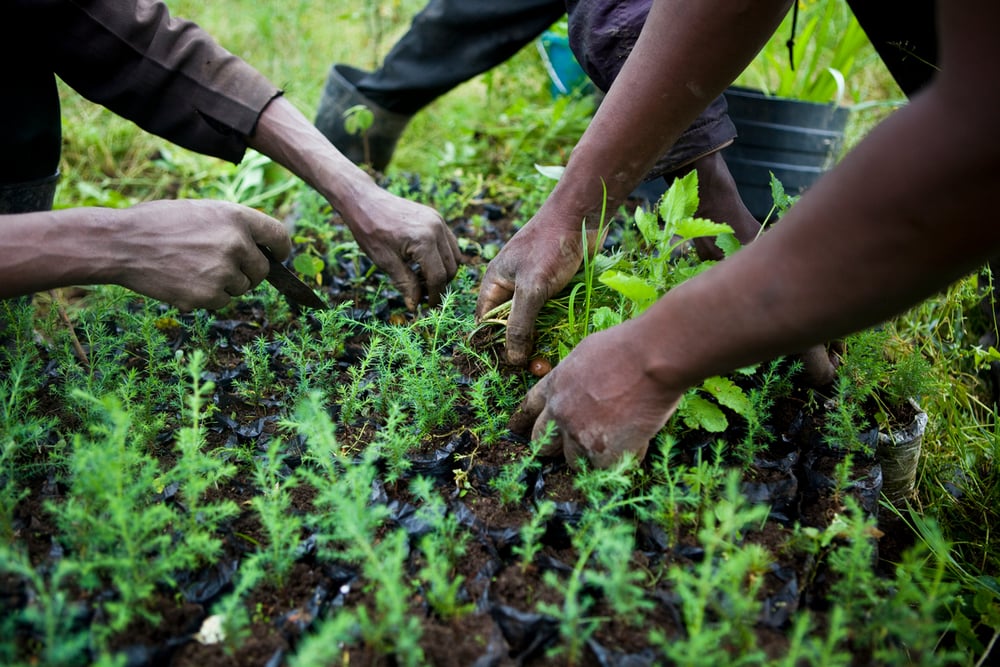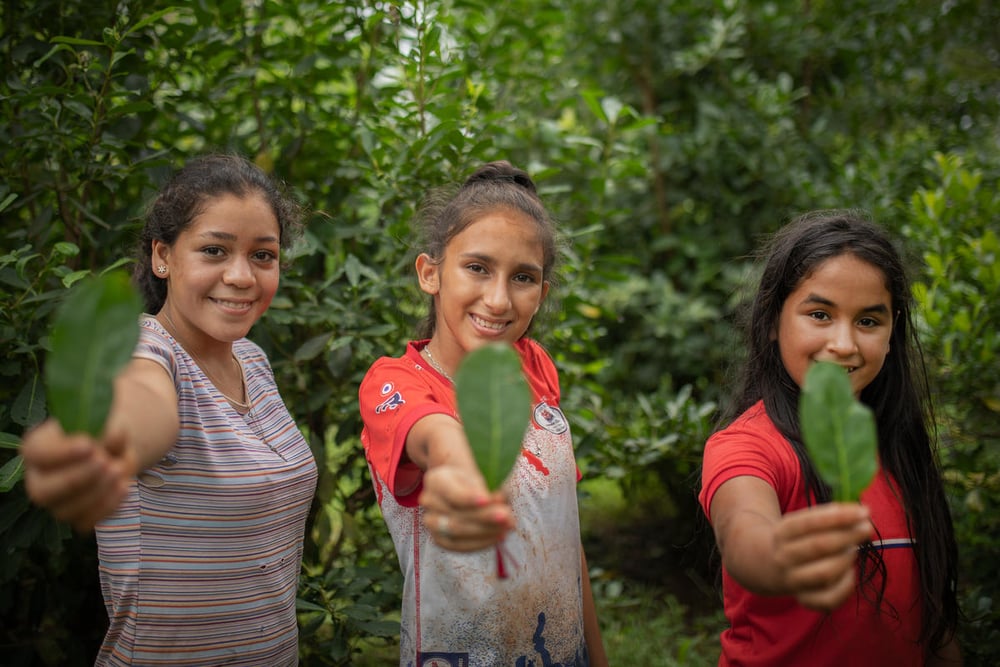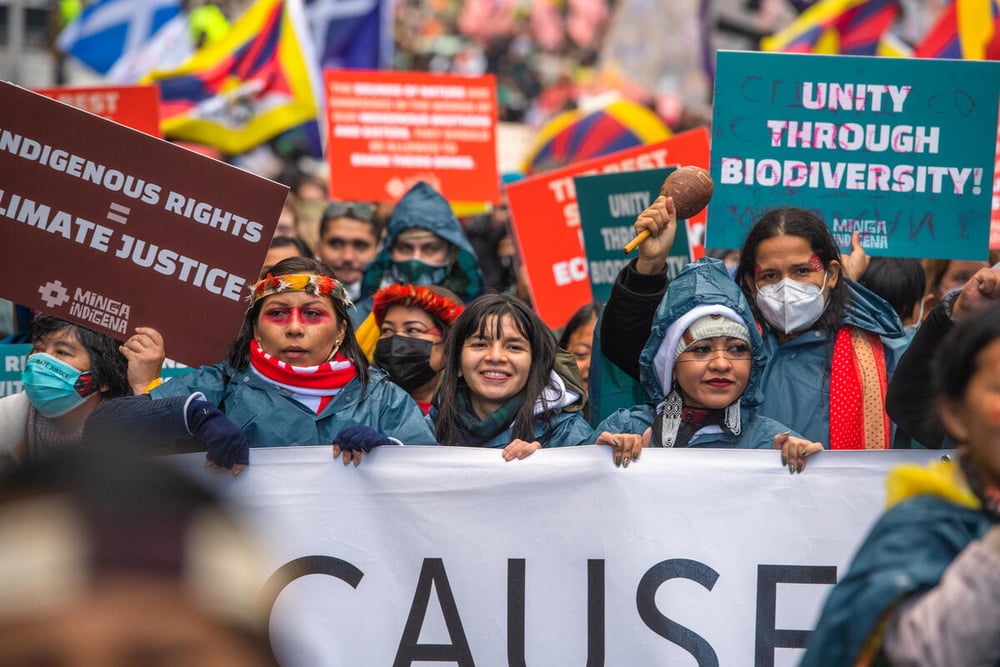Global leaders in business and government gather at the annual meeting of the World Economic Forum, in Davos, Switzerland. We provide four compelling reasons why nature must be front and centre in their discussions.
 © WWF / Simon Rawles
© WWF / Simon Rawles
Climate change. People displaced around the world. Nature loss. Animal and human homes going up in smoke. Growing instability. Increasing proximity to zoonotic diseases.
Our world today faces unprecedented challenges, with far-reaching consequences across every continent. People and nature are not living in harmony together. We must change course.
Business and political leaders will soon gather in the Swiss resort of Davos to take stock of some of the biggest issues facing people and planet and set the global agenda for the year ahead. It’s the first time they’ve been able to do this since the pandemic closed country borders. And, although growing political and economic instability will understandably be at the heart of many discussions, it is essential they keep nature and the environment front and center. Here’s why…
1. Caring for nature, means caring for us
Nature underpins not just our homes, our food, and our wellbeing, but also our businesses, our economies and our prosperity. Nature holds the key to a safe and sustainable future.
Each year, the natural world’s contributions to the global economy are worth around US$125 trillion through drinkable water, water for industrial processes, food, fresh air, heat absorption, productive soil, and forests and oceans that soak up the carbon otherwise deepening the climate crisis.
Yet, our relationship with nature is dangerously unbalanced. The way we currently produce and consume is pushing nature to the brink and destroying the very natural systems we depend on for our survival. One million species are now threatened with extinction.
Leaders meeting at Davos must show that they are serious about tackling the nature crisis by committing to actions to secure a nature-positive world by 2030 - where there is more nature, not less.
 © Sonja Ritter / WWF
© Sonja Ritter / WWF
We do not operate in a vacuum and actions taken on one side of the globe can have impacts in another time-zone. On top of the nature and climate crises, we are facing escalating food and energy security crises. Leaders must ensure short-term solutions to manage the immediate shocks and stresses are matched by a long-term strategy to build sustainable and resilient systems.
In the case of food security, this means changing from activities that are harmful to nature, such as cutting down forests to make way for large farms, to nature-positive food production practices such as agroforestry (planting trees alongside crops), reducing the use of chemicals and bringing more nature onto farms (read more about nature-positive food systems here).
3. Not acting on the environmental crises will cost us dearly
Science has been telling us for decades that we are causing irreversible harm to our natural resources and climate stability. Yet, we have failed again and again to change course.
The costs of action are dwarfed by the costs of inaction - around half of global GDP, US$44 trillion, is highly or moderately dependent on nature.
The same need for action not inaction applies to the climate crisis. The current annual price tag associated with natural disasters caused by human disruption and climate change is US$300 billion. These will only get more frequent and more expensive unless the climate crisis is fully acknowledged and tackled with appropriate action and finance, including nature-based solutions.
4. 2022 is a once-in-a-decade opportunity to act for nature
This year, world leaders have a once-in-a-decade opportunity to course-correct for the sake of people and the planet. Action to reverse nature loss will help make our world more equitable and resilient, at the same time as helping achieve the Sustainable Development Goals.
Many are signalling that they support such action - over 90 countries have endorsed the Leaders’ Pledge for Nature to reverse nature loss - but as international biodiversity negotiations draw nearer to a conclusion, it is essential these signals are translated into concrete support for an ambitious global agreement for nature. This includes securing an ambitious post-2020 Global Biodiversity Framework - a UN plan to tackle nature loss, which is currently being negotiated by governments.
 © Tommy Ga-Ken Wan / WWF-UK
© Tommy Ga-Ken Wan / WWF-UK

